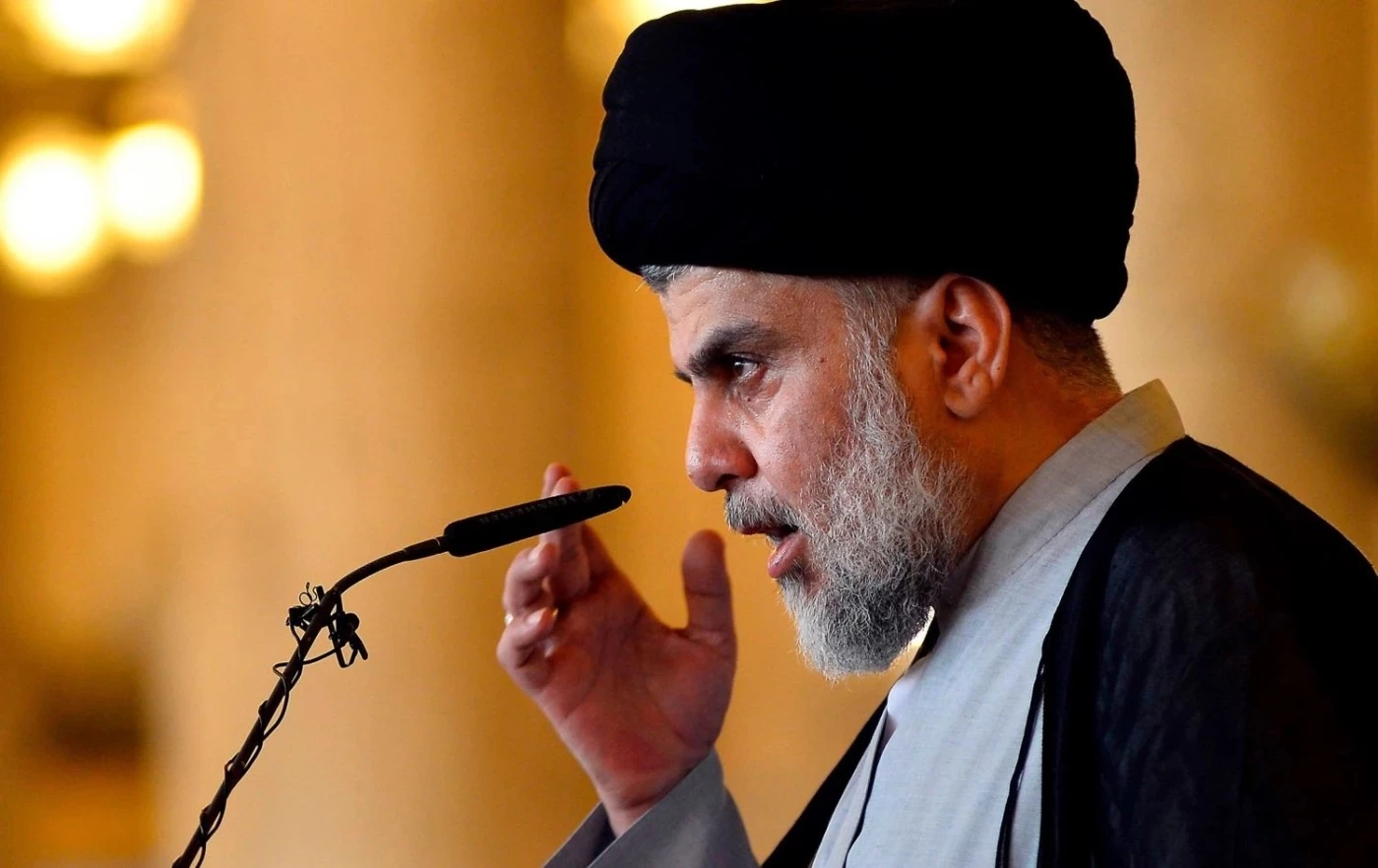DUBAI, UAE - A source close to Muqtada al-Sadr said Sunday that the influential Shiite cleric's political movement may still take part in Iraq’s upcoming parliamentary elections, despite previously announcing a boycott.
Iraq is set to hold national elections in November.
The source told The New Region that while the Independent High Electoral Commission has closed party and coalition registration for the election, Sadr’s movement could still participate legally.
The Sadrist Bloc and the Sairoon Alliance, both affiliated with Sadr, are already registered and have not made changes that would require re-registration.
“This means there is no legal obstacle preventing the Sadrists from running,” the source said. “A decision to participate could still come in the final month before the elections.”
Muqtada al-Sadr, who leads the National Shiite Movement, previously announced his withdrawal from the elections in March. At the time, he called the vote a “crippled electoral process” and said Iraq was “taking its last breaths” under foreign influence and the grip of entrenched powers.
“So long as corruption exists, I will not take part in a political process driven by sectarian, ethnic, and partisan interests,” Sadr said, according to a statement from his office.
He also urged his followers not to vote or run in the election, saying such participation would support a corrupt system. “We remain loyal to Iraq and will sacrifice our lives for it,” he said.
Despite the boycott announcement, Sadr later instructed his supporters to update their voter registration information, even if they did not plan to vote.
“Make sure your voter data is up to date,” Sadr said. “If you boycott without updating, your boycott is meaningless.”
Early May, Iraqi Prime Minister Mohammed Shia’ al-Sudani urged broad public participation in the upcoming November 11 elections, calling the vote essential to preserving legitimacy and democratic stability.
At the launch of the “Participate” campaign, aimed at boosting turnout, Sudani updated his own voter ID and highlighted the critical role of Iraq’s youth, who comprise nearly two-thirds of eligible voters.
He also criticized those calling for a boycott, noting that some have softened their stance on the political process.
Sadr is one of the most prominent figures to previously announce a boycott to the elections. Sadr’s withdrawal from politics in 2022 paved the way for the Coordination Framework to form a government and appoint Sudani as prime minister.



 Facebook
Facebook
 LinkedIn
LinkedIn
 Telegram
Telegram
 X
X


